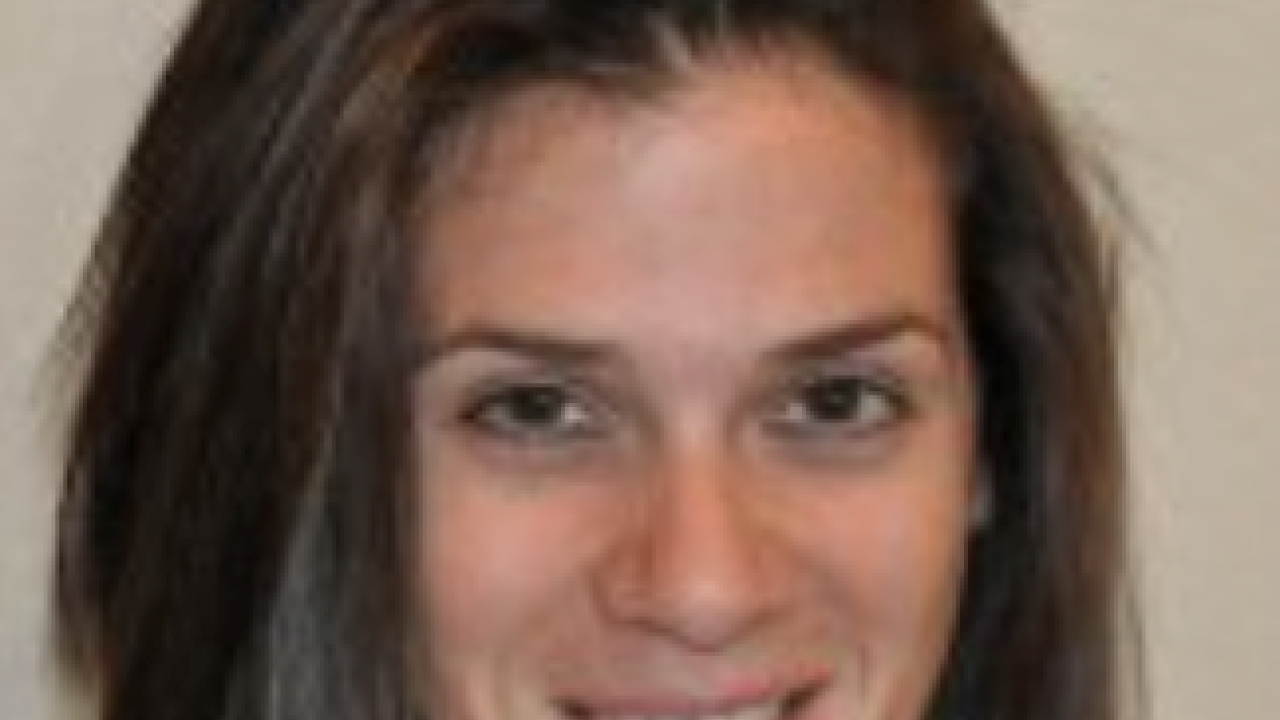
Dr. Georgia Zellou's Talk on Clear Speech in Tashlhiyt Berber
The perception of typologically uncommon word-initial contrasts by native and naïve listeners
Introduction:
Dr. Georgia Zellou is an Associate Professor of Linguistics at UC Davis. Her research program is focused on understanding how phonetic detail is cognitively represented and how phonetic and phonological patterns develop, evolve and are used, socially and functionally, in linguistic communication.
Dr. Zellou will be giving a talk for the Cluster on Language Research in Sproul 912 on Monday, October 31, 2022 from 12-1pm! Her talk is entitled “Clear speech in Tashlhiyt Berber: The perception of typologically uncommon word-initial contrasts by native and naïve listeners”.
We interviewed Dr. Zellou to learn more about the topic of her talk, about her research program in general, and about advice she has for students interested in pursuing a career in academia.
To learn more about future events held by the Cluster on Language Research, you can visit our website or e-mail us at ucd (dot) langsymposium (at) gmail (dot) com.
Interview:
1. In your talk, you will be discussing clear speech in Tashlhiyt Berber. What is “clear speech”, and how does it contribute to our understanding of language?
Clear speech is, broadly, how we change the way we talk when we want someone to understand us better. That could be due to environmental factors (we are talking in a noisy restaurant) or properties of our listener (they are a learner or hard of hearing). Clear speech can tell us a lot about how speakers “think” about language. For instance, the fact that speakers produce words differently for children, non-native speaker adults, and hard-of-hearing adults suggests that we tune speech variation to our expectations about what a specific type of listener might find easier to understand. But, the majority of research on clear speech has been on English or European languages. Tashlhiyt Berber is known for having typologically unusual phonological contrasts - we ask whether clear speech is more or less effective for some sound contrasts. We hypothesize that clear speech can give us insight into why some phonological patterns are more common than others across languages of the world.
2. You are specifically focusing on clear speech in Tashlhiyt Berber. What made you interested in studying Tashlhiyt Berber?
What is interesting to me about Tashlhiyt is its unique phonological structures. I spent some time when I was a grad student researching how North African Arabics have been influenced by language contact with the Berber languages. Through that work, I met Mohamed Lahrouchi - a linguist and native Tashlhiyt speaker. He taught at the LSA Institute at UC Davis in 2019 and we connected more then. We were able to make progress on this collaboration when I was in France in 2022 on a Fulbright. I have studied linguistic variation in lots of languages, including Lakota, Tigrinya, French, Moroccan Arabic, and now Tashlhiyt. Examining different languages can tell us about what is universal versus what is language-specific with respect to speech variation.
3. What other research projects are you involved in?
I am working on lots of different projects! One line of work that I have been developing with my students looks at how people speak to digital devices, like Siri, Alexa, and Google Assistant. For instance, with Michelle Cohn, we are exploring how clear speech is different when talking to a device versus when talking to another person. With the rise of smartphones and smart speakers, people now talk to a new type of listener: artificially intelligent systems. While the technology is rapidly advancing, the voice and ASR for these devices is still distinct from a natural human conversation. So, we are investigating whether people have distinct language behaviors when communicating with voice-AI.
4. What made you interested in studying linguistics?
I was originally interested in philosophy and learning about how humans think from that discipline. But, I found it hard to connect with the primary literature in that field. When I took a linguistics class in undergrad, it just clicked. I was really lucky to have some amazing mentors along the way, such as Rebecca Scarborough (at University of Colorado Boulder) and Delphine Dahan (at University of Pennsylvania), who modeled to me how to be both a rigorous scientist and a compassionate person.
5. What advice do you have for students interested in pursuing a career in academia (linguistics or otherwise)?
Be open to make interesting connections - I mean this both in terms of being open to linking theoretical ideas in novel ways AND in having discussions with lots of different people in the field. I think really important insights can come from synthesizing two approaches in a novel way. And, getting to know what other people are doing and learning how to talk about your work with them can create those insights too.
